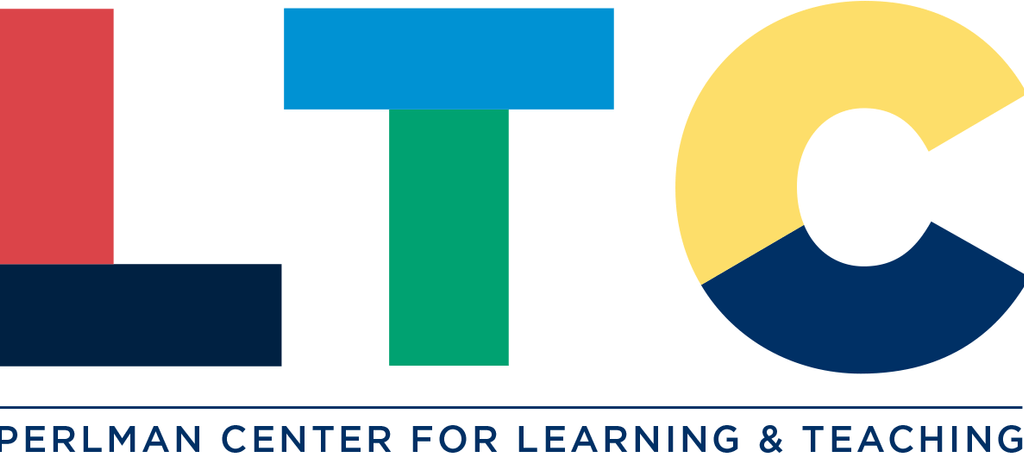Social Media in the Language Classroom
This past summer, four Spanish faculty applied for a Learning and Teaching Center summer reading and research grant to support each other in projects related to pedagogical applications of social…

Pedagogy in the Pandemic and Beyond: An Interview with Mija Van Der Wege
The past year has been filled with pedagogical challenges, from transitioning to online or hybrid teaching and back, to fostering much-needed antiracism and equity in the classroom. But it has…
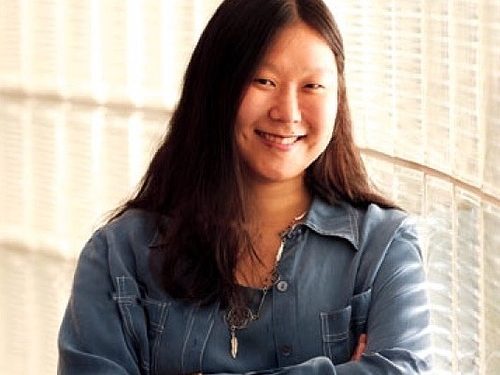
Example of resilient course design for an interactive lecture course
In thinking about fall term course planning, I had two strong responses: 1) I don’t know where to begin, and 2) It’s a lot of work to plan a course,…
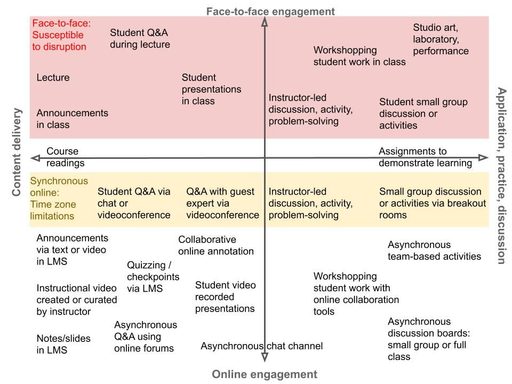
Student Experiences from Spring Term
On July 9, The LTC and Academic Techology were delighted to host a conversation about our students’ experiences with remote instruction during spring term. Chris Dallager (Director of Disability Services),…
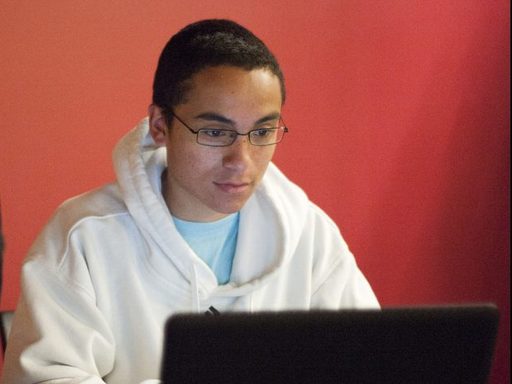
Why resilient course design?
Even before spring term wrapped up, the LTC and AT team started thinking about how to support faculty in preparing fall term courses. We knew that fall would look different…
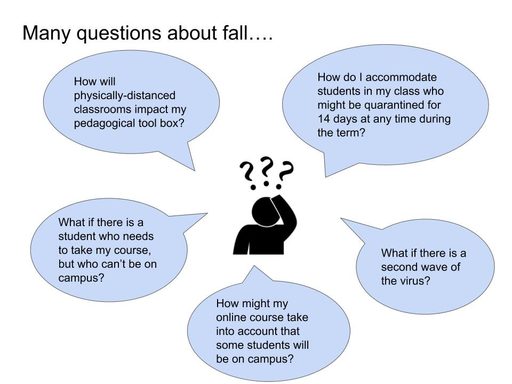
Discussion groups to build community online
This past Monday the LTC offered an opportunity to reflect on spring term and discuss Flower Darby’s book Small Teaching Online. Darby emphasizes the importance of community among learners in…
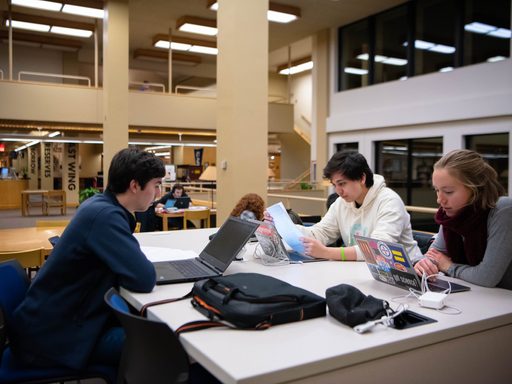
Using Badges to Recognize Engagement: Part 2
This is the second post on how faculty are using badges in their online courses this term. (See Part 1.) Amy Csizmar Dalal (Computer Science) generously walks me through why…

Using Badges to Recognize Engagement: Part 1
Digital badges became popular with the rise of noncredit online training opportunities; they were designed to motivate learners to complete work by rewarding them with a digital image of a…
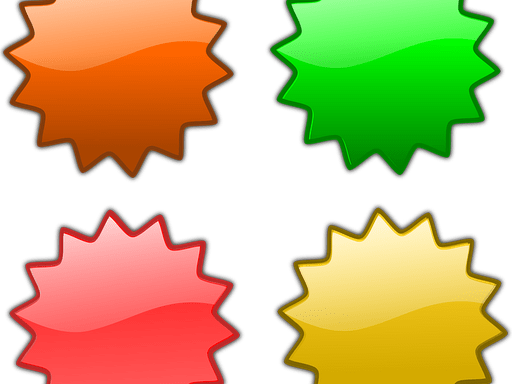
Breakout sessions in online synchronous discussions
An earlier post explored asynchronous discussion, but synchronous discussion has been an important part of this term as well. Students value the opportunity to connect with faculty and peers during…
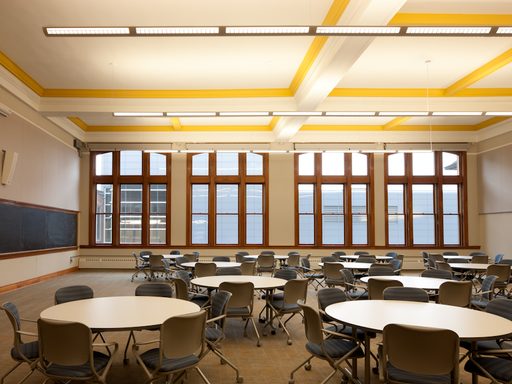
Using metacognitive activities to help students learn
In the current term, with classes being online and grading being mandatory S/Cr/NC, some students are struggling to stay engaged and motivated. Under such circumstances, how do you help students…
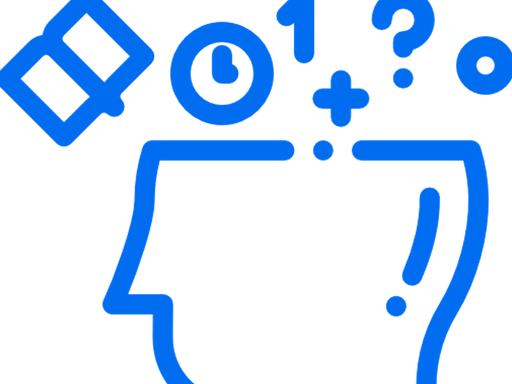
Categories
- Course Content
- Course Design
- Faculty/Staff Scholarship
- High Impact Practices
- Inclusive Classrooms
- Learning & Teaching with Technology
- Resilient Pedagogy
- Students’ Identities
- Teaching in the Disciplines
- Teaching Methods
Tags
- 10-week term
- Academic Honesty
- Accessibility
- ACE
- Active Learning
- Antiracism
- Arts
- Assignments
- BIPOC Students
- Civic Engagement
- Classroom Environment
- Cognitive Development
- Collaboration
- Community
- Critical Thinking
- DACA
- Data
- Difficult Conversations
- Digital Arts and Humanities
- Digital Competency
- Discussion
- Distraction
- Engagement (Current Tag)
- Equity
- Exhibitions
- Experiential Learning
- Faculty Development
- Faculty/Staff Collaboration
- Faculty/Staff Research
- Feedback
- First Generation Students
- Flipped Classroom
- Focus
- Global Learning
- Grading
- Group Work
- Growth Mindset
- Hidden Curriculum
- Humanities
- IDE
- Immigration
- Inclusive Classrooms
- Information Literacy
- intercultural Studies
- International Students
- LACOL
- Languages
- Large Classes
- Learning Objectives
- Lecture
- LGBTQIA+
- Library
- Low Income Students
- LTC Student Fellows
- Maps
- Media Literacy
- Mental Health
- Metacognition
- Microaggressions
- Moodle
- Multilingual Students
- Neurodiversity
- Off-Campus Studies
- Online Teaching
- Oral Presentation
- Pandemic
- Participation
- Peer Mentoring
- Perlman Teaching Museum
- Podcasts
- Political Events
- Public Health
- Public-Facing Assignments
- QRE
- Quantitative Reasoning
- Racial Understanding
- Reading
- Reflection
- Sleep
- Social Sciences
- Staff Teaching Students
- STEM
- Stereotype Threat
- Student Evaluations
- Student Experiences
- Student Research
- Student Resistance
- Student Support
- Student-Student Rapport
- Students with Disabilities
- Summer Reading Circle
- Syllabus
- Teaching Circle
- Team-Based Learning
- TILT
- Transparent Assignment Design
- Trauma-Informed Pedagogy
- TRIO-SSS
- UDL
- Undocumented Students
- Universal Design for Learning
- Video
- Wellness
- White Spaces
- Women Students
- Writing
- Writing Across the Curriculum

